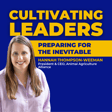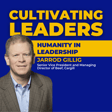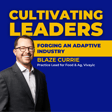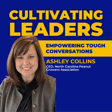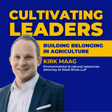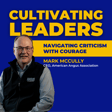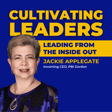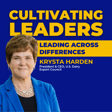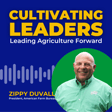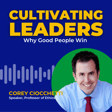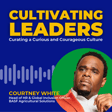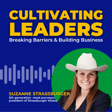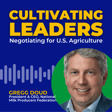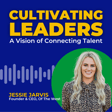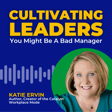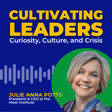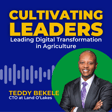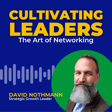
Building a Resilient Mindset with John Sachse
In a culture that says, “tough it out”, perhaps the most strength comes from vulnerability and courage. In this episode of the Cultivating Leaders Podcast, John Sachse – cattleman, Army National Guard officer, and AFA alum – explores what it really takes to build a resilient mindset. John shares how military training and returning to the family ranch shaped his approach to leadership, service, and mental toughness.
John breaks down:
- What it Means to be Resilient: it is about developing a mindset that allows you to bounce back from adversity
- Strengthening Mental Resilience: there is power of setting meaningful goals and connecting them to your “why”
- Leaning into Vulnerability: challenging the traditional agricultural norm that discourage emotional openness
John gets real about the hard stuff and how to push through it. This episode will challenge you to show up differently, embrace discomfort, and lean into growth.
Connect with John
- Connect on LinkedIn
- Follow him on Instagram
- Visit his website - Here
Connect with AFA
- Follow us on LinkedIn
- Follow us on Instagram
- Like us on Facebook
- Follow us on TikTok
- Visit our Website
About The Cultivating Leaders Podcast
Real stories. Practical advice. Tangible growth. Join The Cultivating Leaders Podcast, brought to you by Agriculture Future of America, as we explore what it takes to lead in food, agriculture, and beyond. Whether you’re just starting out or leading at the highest level, this podcast is your go-to resource for leadership that matters. Listen now and start cultivating your leadership journey.
Don’t forget to follow/subscribe so you never miss another episode!
